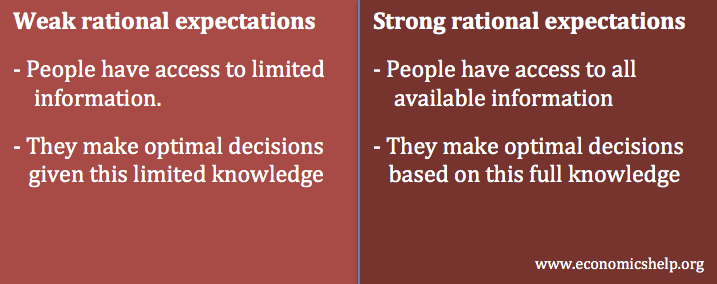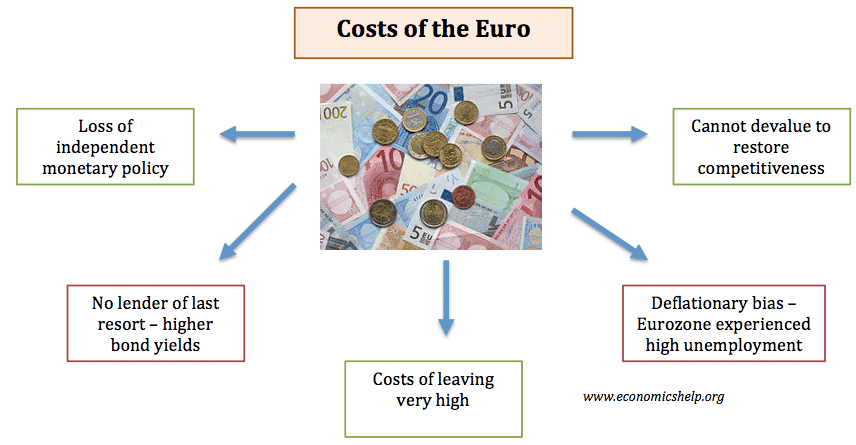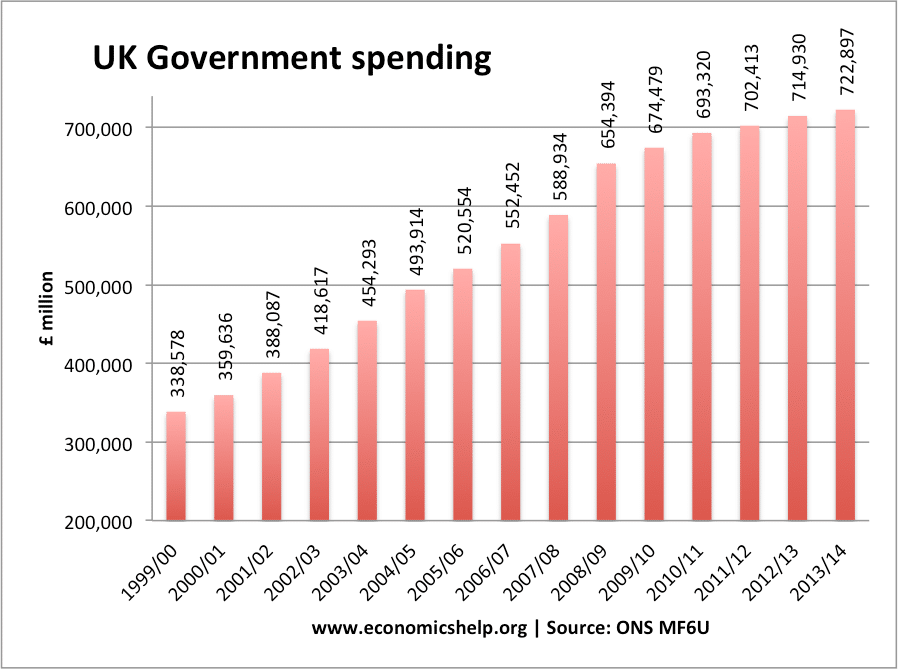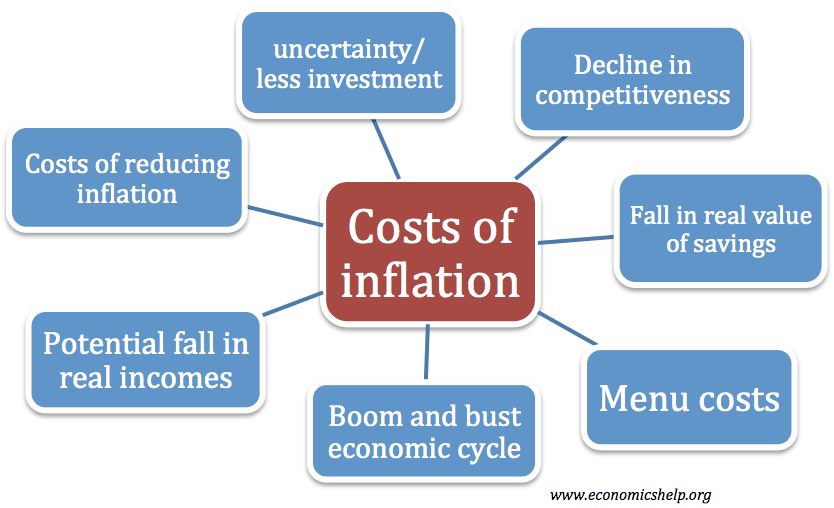Can the UK afford to end austerity?
Austerity can mean different things. See: definition of austerity. But, for this article, I will take austerity to mean a squeeze on public sector spending. In real terms (adjusted for inflation), government spending is rising. However, despite an overall rise in government spending, some departments have seen spending fall or at least shrink as a …




